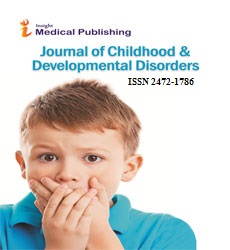Abstract
How are Reading Disabilities Operationalized in Spain? A Study of Practicing School Psychologists
This study examines how 115 Spanish school psychologists rated the importance of certain criteria for identifying reading disabilities (RD), and compares their views with those of their US counterparts. The sample comprised school psychologists primarily between 30 and 39 years of age who had been in professional practice for less than ten years. The survey questions followed those used by Spanish practicing school psychologists ascribe the greatest importance to the discrepancy between listening and reading comprehension and to the IQ-achievement discrepancy criterion, while US school psychologists place greater emphasis on response to intervention (RTI) criteria and cognitive processing difficulties when operationalizing RD. Possible reasons for these differences are discussed. Differences between Spanish and US school psychologists are also observed in prioritizing which exclusion criteria were most important to consider when attempting to identify RD, even though the most popular choices were mental retardation and inadequate instruction in both samples.
Author(s):
González-Valenzuela MJ, Soriano-Ferrer M, Delgado-Ríos M and Félix-Mateo V
Abstract | Full-Text | PDF
Share this

Google scholar citation report
Citations : 504
Journal of Childhood & Developmental Disorders received 504 citations as per google scholar report
Abstracted/Indexed in
- Google Scholar
- China National Knowledge Infrastructure (CNKI)
- Directory of Research Journal Indexing (DRJI)
- WorldCat
- Publons
- Geneva Foundation for Medical Education and Research
- Secret Search Engine Labs
- Euro Pub
Open Access Journals
- Aquaculture & Veterinary Science
- Chemistry & Chemical Sciences
- Clinical Sciences
- Engineering
- General Science
- Genetics & Molecular Biology
- Health Care & Nursing
- Immunology & Microbiology
- Materials Science
- Mathematics & Physics
- Medical Sciences
- Neurology & Psychiatry
- Oncology & Cancer Science
- Pharmaceutical Sciences

